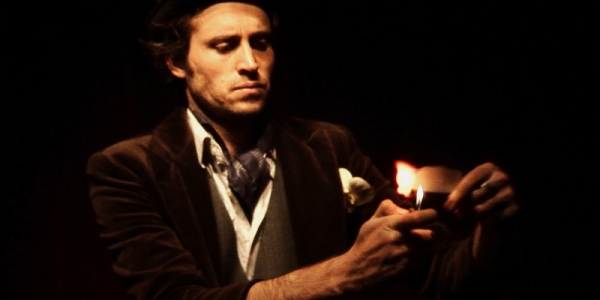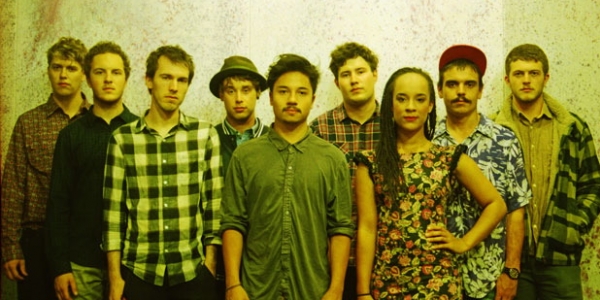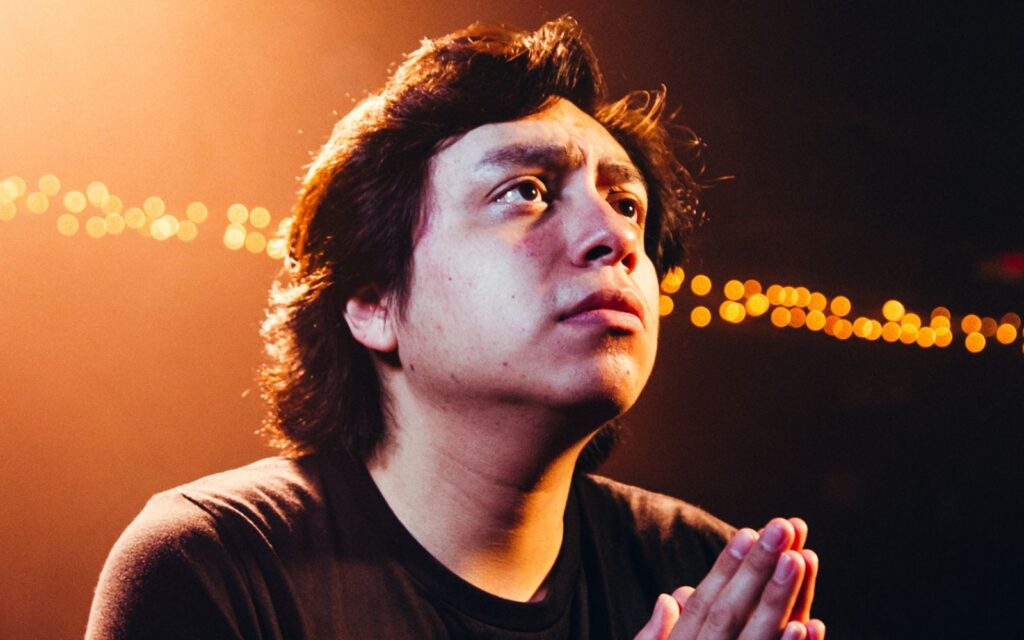“It can sound really nihilistic saying that there’s no meaning in life. On face value that can sound quite depressing, but it’s actually uplifting. It’s kind of saying [that] you [should] rebel against the meaninglessness of it and find the meaning to it or create your own,” explains Leunig with a surprising amount of optimism. “Philosophers used to talk about a full life and a full life accommodates sadness. I think that a lot of modern societies think of life just about happiness. It’s the blues that make us human, and happiness makes us human [too]. I think if we examine our lives, there’s a certain sadness there, but it doesn’t have to be a depressing thing, it can actually be an emotion that creates a deeper relationship with the world.”
It’s this exploration of life and its contemplation that creates the tale of Guide To Unhappiness, a journey inspired by Leunig’s own European trip in pursuit of his favourite philosopher’s origins. It takes him from the beginning of Western philosophy in Greece with Socrates to the contemporary philosophies of Albert Camus, who according to Leunig is “technically not a philosopher, but uses philosophy in his writing”.
Using existential philosophy in his acts is not a recent development either. Leunig’s fascination with existentialism stems from his university days when he created a short film called Larry The Philosophical Cow. “It was just a guy dressed up in a cow suit among real cows,” jokes Leunig modestly. “It was about a cow that wanted to leave the herd because the other cows couldn’t understand his philosophical views.”
This is what creates the empathetic quality of A Guide To Unhappiness, while performer and writer Jono Burns brings a theatrical element that Leunig lacked. “Jono really challenged me in the drama or dialogue aspect,” admits Leunig, explaining that Burns’ contributions brought a more refined structure to the production. “I’ve done shows as a magosopher before and it’s more me talking to the audience, whereas, Jono’s contribution is his characters that I [can] bounce off.”
This addition also allowed Leunig and Burns to create a more credible realm where the audience’s imagination creates the setting, dimension and time. “[We used] interactions through the other characters mainly [to create the setting], but I’m also story-telling to the audience as well. The drama is played out through flashbacks. We’re really going minimal with it. It’s not prop driven.”
Then where does the magic come in? All magical parts of the play are interspersed throughout and consist of magic tricks learnt or created by Leunig, including ones that his Bulgarian gypsy aunt taught him as a child. Though he never intentionally set out to become a magosopher, he explains that his connection with his aunt caused him to fall into the title through his love of magic and philosophy. “I always to myself as a hapless, awkward magician and not like a David Copperfield; I’d like to think it’s a little bit more poetic with the philosophy side there as well.”
It’s this philosophical and magical blend that creates a versatile, unique eccentricity that is The Magic And Philosophy Of Sunny Leunig: A Guide To Unhappiness.
BY AVRILLE BYLOCK-COLLARD
Venue: The Lithuanian Club, 44 Errol Street, North Melbourne
Dates: October 6 – 13 (Except Monday October 8)
Times: 6.45pm (Sunday 5.45pm)
Tickets: Full $20, Conc. and Tuesday $15







